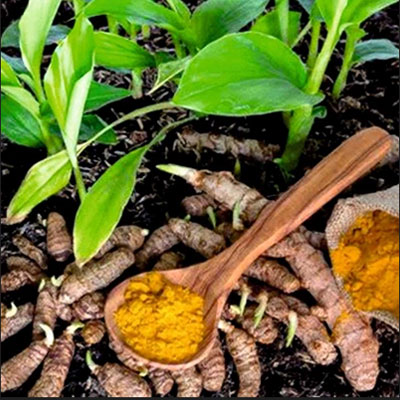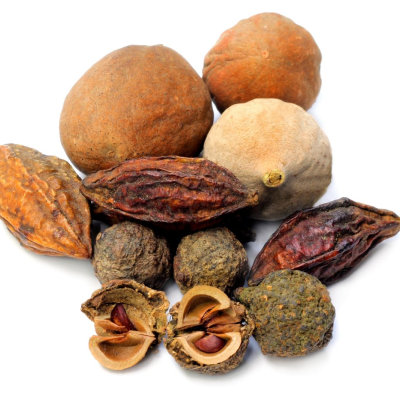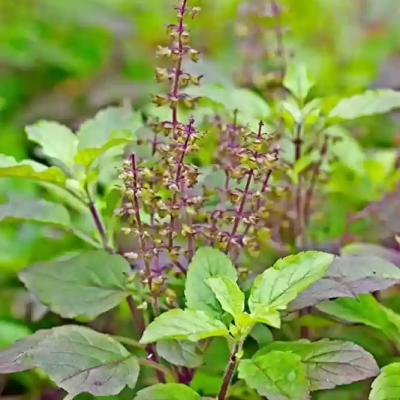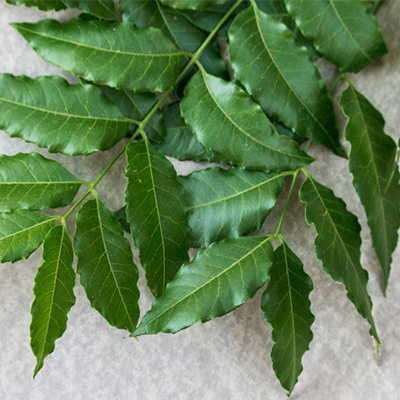- +033 2572 7171
- info@dhanvantary.com

4.5 Rating | 4500 Review

4.5 Rating | 4500 Review
Allergies are when your body reacts too strongly to things that are usually harmless, like pollen, dust, certain foods, or animals. It’s like your body is "mistakenly" fighting off something that isn’t really a threat, which can cause symptoms like sneezing, itching, rashes, or swelling.

Common triggers: Peanuts, tree nuts, milk, eggs, soy, wheat, fish, and shellfish.
Symptoms: Itching, swelling, stomach pain, breathing issues, or severe reactions like anaphylaxis.
Common triggers: Antibiotics, aspirin, and other medications.
Symptoms: Rashes, swelling, breathing difficulty, or anaphylaxis in severe cases.
Common triggers: Pollen, dust mites, mould, pet dander.
Symptoms: Sneezing, itchy eyes, runny nose, and sometimes asthma.
Common triggers: Soaps, detergents, certain plants (like poison ivy), and insect bites.
Symptoms: Redness, itching, swelling, or rashes (e.g., eczema, hives).
Common triggers: Bees, wasps, hornets, and fire ants.
Symptoms: Pain, redness, swelling, and potentially severe reactions like anaphylaxis.
Understanding your triggers can help in managing allergies and avoiding reactions.
According to Ayurveda, allergies are viewed as an imbalance of the body’s doshas—Vata, Pitta, and Kapha. When these energies are out of balance, they make the body more sensitive and prone to react to certain substances.
Vata (air and space energy): Imbalance can cause dryness, sensitivity to cold, and anxiety, leading to respiratory or skin-related allergic reactions.
Pitta (fire and water energy): When aggravated, Pitta causes heat, inflammation, and sensitivity to the sun or heat, often leading to skin rashes, redness, and itching.
Kapha (water and earth energy): Imbalanced Kapha leads to excess mucus, congestion, and heaviness, commonly resulting in respiratory allergies, colds, and sinus issues.
Ama (Toxin) Build-up: Toxins (known as "ama") accumulate in the body due to poor digestion, unhealthy diet, or stress, weakening the immune system. Ama disrupts normal bodily functions and makes it harder for the body to resist allergens.
Weakened Oja (vitality): Ojas represents immunity and vitality. When ojas is weak, the body becomes more vulnerable to allergens and foreign substances. Strengthening ojas is key to preventing allergies.
Balancing the Doshas: Through appropriate diet and herbal medicine.
Detoxification (Panchakarma): Ayurvedic cleansing therapies like Panchakarma are used to eliminate toxins (ama) and reset the body’s natural state, improving immunity and resistance to allergens.
Improving Digestion: Healthy digestion is vital for preventing ama buildup. Ayurvedic practices such as using ginger, cumin, or ajwain (carom seeds) can enhance digestion and reduce toxins.
Lifestyle Practices: Ayurveda also recommends practices like nasal irrigation (neti), yoga, and pranayama (breathing exercises) to support respiratory health and calm the mind.

Turmeric has antioxidant and anti-inflammatory properties. Turmeric powder when mixed with warm milk/ water or with honey helps reduce allergic conditions like sneezing, chest congestion and even skin allergies.

Guduchi is a powerful immune booster, and helps detoxify the body and improve resistance to allergens. It is especially useful for respiratory and skin allergies.
It can be taken in powder form or capsule form with water or with other herbs for enhanced effect.

Triphala supports digestion and helps remove toxins (ama) that can trigger allergies. It also improves immunity.
Use: Triphala powder can be taken with warm water before bedtime, or as capsules.

Tulsi is a natural immune booster and helps clear respiratory pathways, making it effective against respiratory allergies.
Use: Tulsi leaves can be brewed as tea, or fresh leaves can be chewed. Tulsi capsules and extracts are also used.

Neem has anti-inflammatory, antibacterial, and detoxifying properties, making it beneficial for skin allergies, rashes, and itching.
Neem powder can be mixed with water and applied to the skin for rashes. Neem powder can be mixed with water and applied to the skin for rashes.
Neem oil is also effective for topical use on the skin.

Black pepper is useful in clearing congestion and enhancing immunity. It can relieve respiratory allergies by helping clear mucus.
Use: Black pepper can be taken along with food, water, honey or turmeric

It is soothing and has anti-inflammatory properties, yashtimadhu helps with respiratory allergies and soothes the throat.
It can also be taken with warm water or tea.
